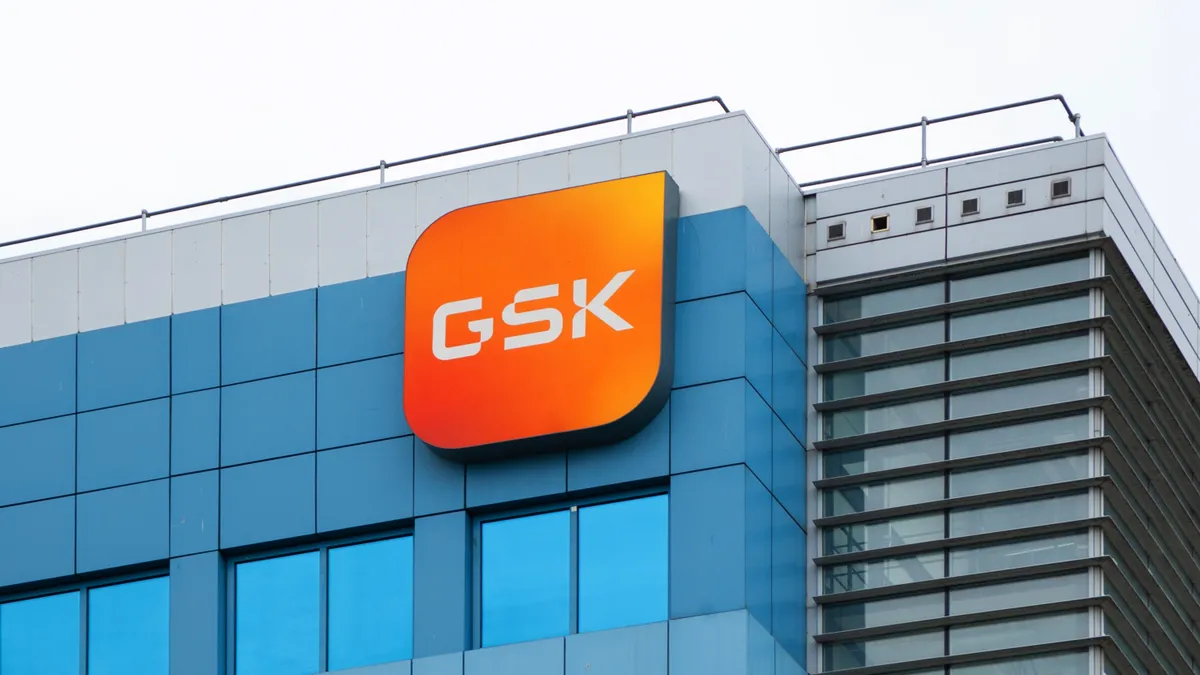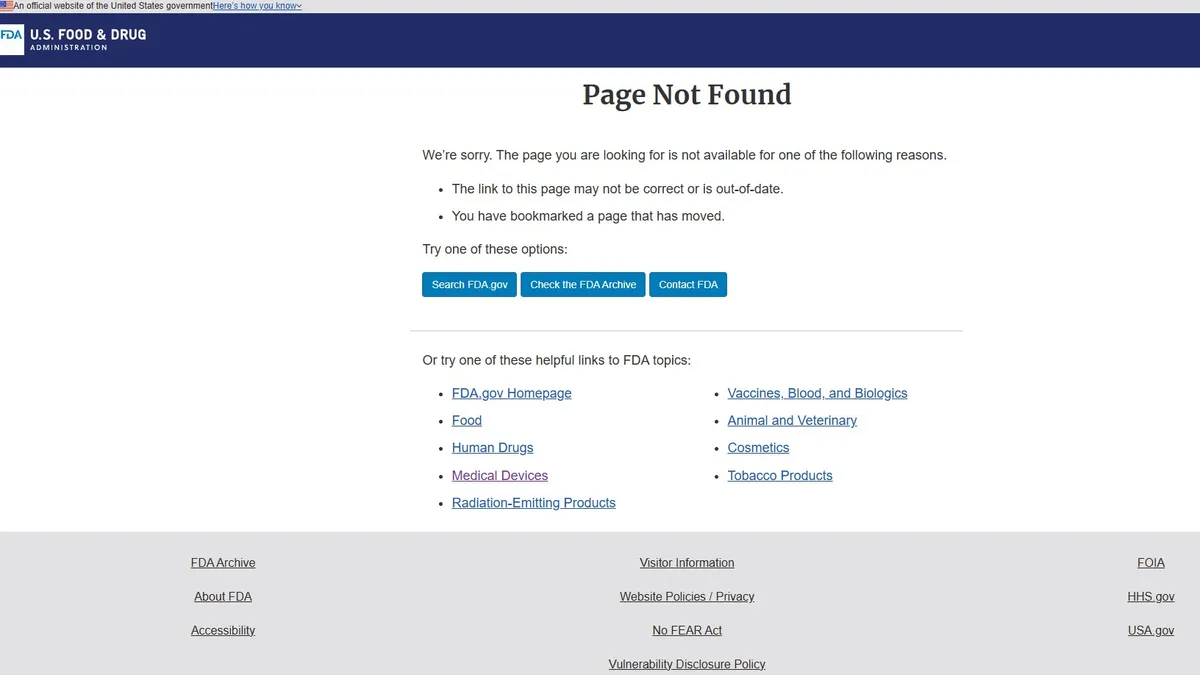Dive Brief:
- As part of its fight against autism, the Trump administration is asking GSK to submit a new application for a medicine it hasn’t sold for more than a quarter of a century.
- The Food and Drug Administration said it plans to approve the drug, leucovorin, to treat cerebral folate deficiency, a neurological condition that “has been associated with autism,” the Health and Human Services Department said Monday. An FDA review of literature between 2009 and 2024 suggests that the drug may be able to help speech-related deficits for some patients, HHS said.
- GSK, which developed and sold the drug under the brand name Wellcovorin from 1983 to 1997, said it will submit a supplemental new drug application to include cerebral folate deficiency in the drug’s label at the FDA’s urging. The British drugmaker no longer manufactures the medicine, which is available in generic forms in the U.S.
Dive Insight:
Trump administration officials are touting leucovorin as a new treatment for autism without the normal rigorous clinical trials that accompany regulatory approvals for medicines in the U.S. And even as the FDA trumpeted the action, it noted that “there are limitations on the available data” and more studies are needed to assess the safety and efficacy of the drug in this group of patients.
Leucovorin is often used in cancer patients, helping counteract side effects from chemotherapy and medicines that block the action of folic acid. But doctors have been prescribing the drug off-label for patients with cerebral folate deficiency since the condition was identified about 20 years ago, according to the New York Times. Folate is a B vitamin that is crucial for development.
Cerebral folate deficiency is a rare disorder; its exact prevalence is unknown. But some researchers have drawn a connection from the condition to autism patients who have a blockage in the body’s pathway that carries folate into the brain. One group tested leucovorin in 48 patients with autism spectrum disorder and found that about 2/3 of treated children experienced language improvements.
FDA Commissioner Marty Makary drew on those results in announcing the agency’s actions on Monday and extrapolated from there. “Hundreds of thousands of kids, in my opinion, will benefit,” he said.
After leucovorin went generic and GSK stopped marketing it, the FDA withdrew the approval at the company’s request in 1999. To change the official labeling of the medicine – and therefore prompt insurance coverage for the new use – the FDA is now approving GSK’s previously withdrawn application and asking the company to submit supplemental paperwork.
GSK, for its part, said it will add data from case reports identified by the FDA of genetically confirmed cases of cerebral folate deficiency into the prescribing information for Wellcovorin. The company’s short statement on Monday made no mention of autism. “GSK is collaborating with the FDA to request a label update for this medicine as quickly as possible,” the company said.
The news on GSK’s drug came at the same time that Trump administration officials announced the FDA would start a process to change the safety label of acetaminophen, sold under the brand name Tylenol, because of studies that suggest it may affect the neurodevelopment of unborn babies.
President Trump set off a controversy Monday when he went beyond the careful language in the HHS announcement on acetaminophen, telling pregnant women to “fight like hell” to avoid the drug. “Don’t take Tylenol,” he said. “Don’t take it.”
The HHS announcement noted that there are contrary studies showing no association between acetaminophen and neurodevelopmental issues and that there are also potential risks for pregnant women and their unborn babies from failing to treat fevers. Acetaminophen has long been considered one of the only safe options for pregnant women to treat fevers and pain.
“HHS should release the new data that it has to support this claim” of dangers from the drug, Republican Senator Bill Cassidy, a medical doctor and the chairman of the Senate health committee, said on X. “The preponderance of evidence shows that this is not the case. The concern is that women will be left with no options to manage pain in pregnancy.”
Tylenol is sold by Kenvue, a spinoff of Johnson & Johnson. The drug is also widely available generically.























































